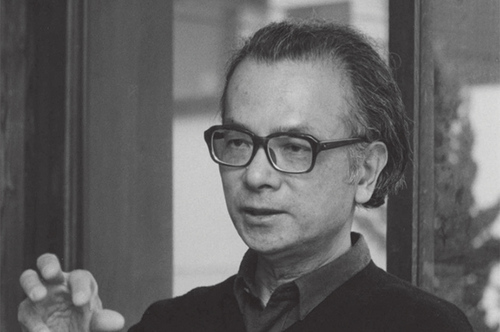Kazuo SHINOHARA
篠原一男
Kazuo Shinohara (篠原 一男, Shinohara Kazuo, April 2, 1925 – July 15, 2006) was a Japanese architect, forming what is now widely known as the "Shinohara School", which has been linked to the works of Toyo Ito, Kazunari Sakamoto and Itsuko Hasegawa. As architectural critic Thomas Daniell put it, "A key figure who explicitly rejected Western influences yet appears on almost every branch of the family tree of contemporary Japanese architecture... is Kazuo Shinohara... His effects on the discipline as a theorist, designer and teacher have been immense." He studied at Tokyo Institute of Technology, (TIT) finishing in 1953, and going on to become professor in 1970. He established his own practice in 1954, going on to design more than 30 residential buildings, as well as many key public buildings across Japan.
His work is generally classified as having strong qualities of lucidity and ephemerality, and for these reasons is often seen as ideologically influential on Toyo Ito's work.
He was awarded the Architectural Institute of Japan's (AIJ) grand prize in 2005. In 2010 the Biennale di Venezia awarded a special commemorative Golden Lion in memory of Kazuo Shinohara.

